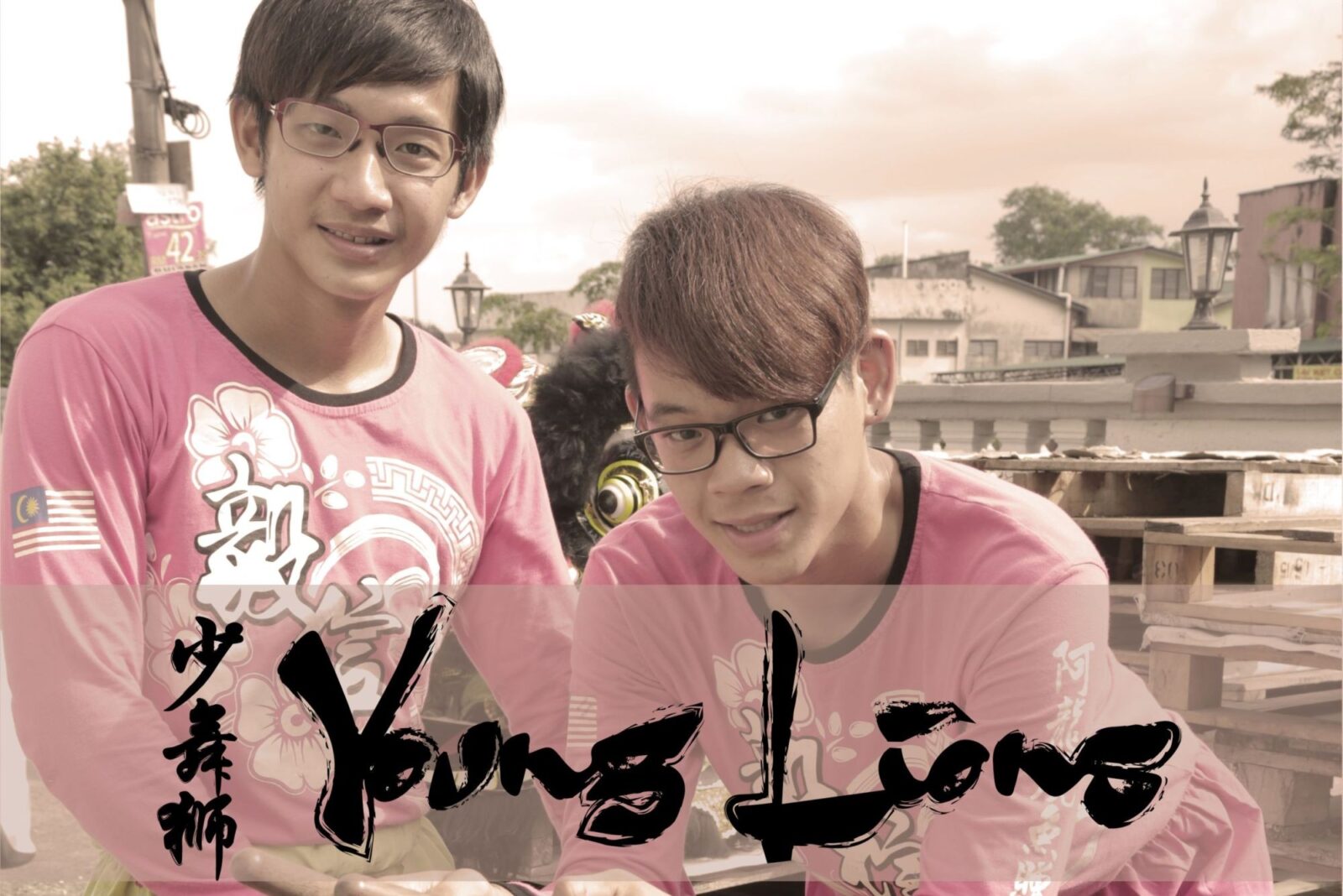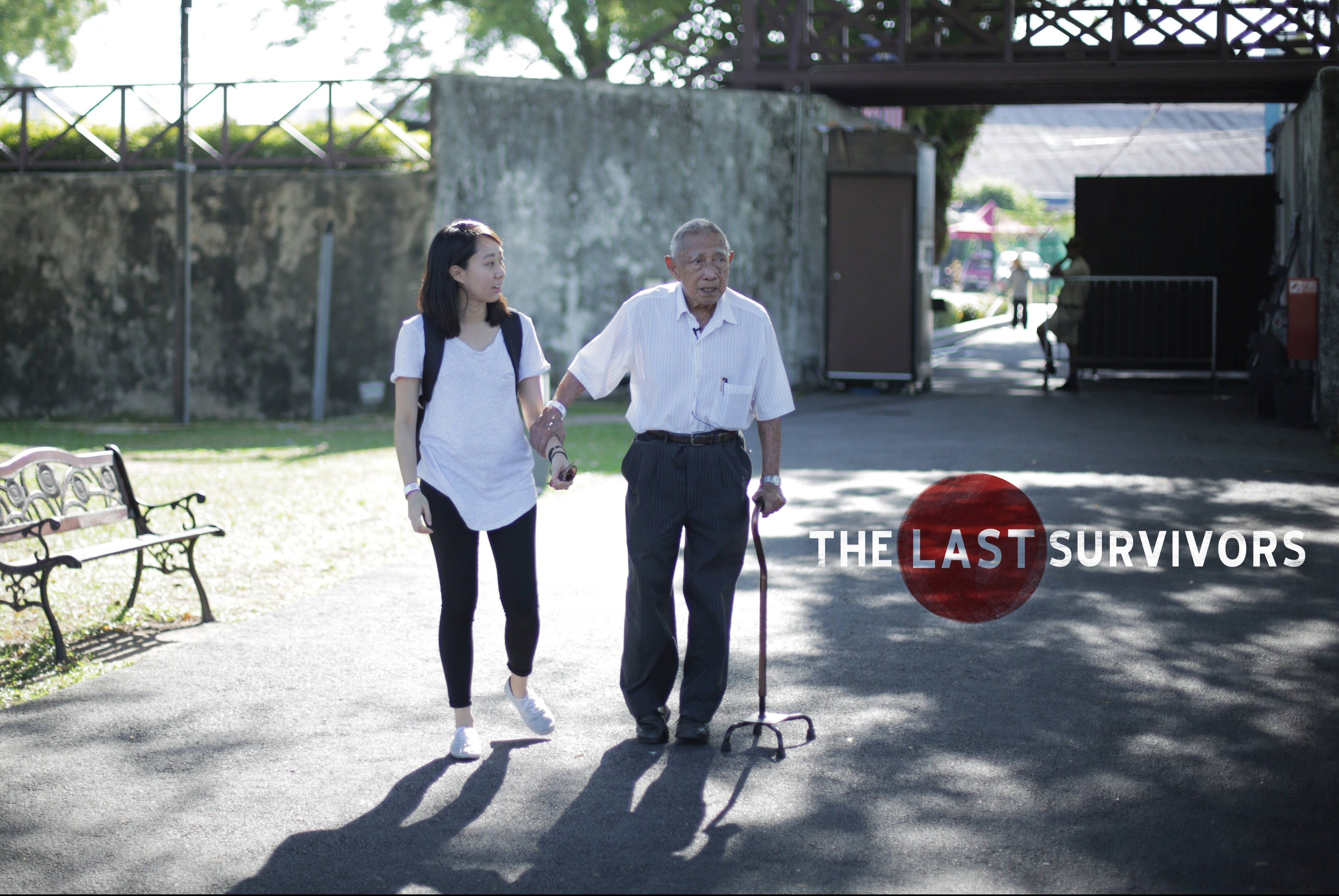IT was the eighth day of Chinese New Year and just like any other day during the festive season, the sun shone high and bright. The cloudless sky was unforgiving to the cheering crowd as the lion dancers performed stunts after stunts.
The E-Xin Dragon and Lion Dance troupe were halfway through the first of the three lion dance performances scheduled for that day. Underneath the lion costume, Kent Wong tried his best to focus. He held on tight to the lion head and jumped from one jong to another, ignoring a blinding headache.
“It was unusually hot and stuffy inside the lion costume. Halfway through I made a mistake,” said Wong. He misjudged a step, causing him and his partner Bryan Kong to take a tumble down the six feet-high jongs. The crowd gasped, and their troupe members who were observing from the crowds quickly ran toward them.
The drummer, Janson Chan, recalled the moment. “I had my eye off them for one second, and the next thing I know, they’d fallen off the jong,” he said.
Nevertheless, he had to play on. The troupe had agreed beforehand that no matter what happens, the musicians will keep playing.
Shaken but undeterred, Wong and his partner stood up and continued the dance to loud applause. They completed the performance and retired backstage to examine their injuries.
Wong suffered a sprained hip and grazed his chest, while Kong had a bruise on his head. While their injuries weren’t serious enough that they required immediate emergency action, they opted to sit out of the next performance. They called for another troupe to take over.
Due to the unpredictable nature of the sport, it seems only logical that the troupes have a backup plan.
“We keep a close relationship with other troupes,” said Wong. “We help stand in for one another when there is an emergency.”
“The lion dance community is like family,” he said.
Share the video on Facebook!
Kent Wong is trying his best to keep the art of lion dance alive by teaching teenagers at the E-Xin lion dance…
Posted by R.AGE on Tuesday, 23 February 2016
The brotherhood among lion dancers is a testament to the success of lion dance as a culture that has lasted thousands of years, stemming from the close relationship between the troupe members themselves. Kong, Wong and Chan are one such example: in lion dance, they are three generations apart.
Kong is Wong’s lion dance master and partner, while Chan is under the tutelage of Wong. They perform as a team, with Chan accompanying the dancers on the drums. When Kong left his previous troupe over a year ago to start E-Xin, Wong and Chan followed him. And the rest, as they say, is history.
After spending so many hours training together, the dancers and drummer have developed their own flow and non-verbal communication, a vital skill for the performance-based art.
Wong uses the lion’s costume to signal a change in moves, either by blinking or using its body language. Chan would react by changing the beat accordingly. “It’s all about teamwork,” said Wong.
The dancers and drummer have trained to be in sync that it would be hard for either of them to perform with someone else on short notice.
“If I were to play for a new pair, I wouldn’t know their moves and it would look messy,” said Chan.
If the team is new or hasn’t been paired before, the audience will be able to tell the lack of synchronisation, said Wong. In order to reduce giving negative impressions, they practice everyday.
Their daily training lasts two to three hours and takes place at a secluded warehouse in Shah Alam. The warehouse is owned by another troupe, but the leaders of both respective troupes have come to an agreement. E-Xin is allowed to use the training ground but only after the first troupe is done, so they only begin training at 9pm and end before midnight.

Janson Chan, 16, from the E-Xin troupe, is one of the youngest members in his troupe. He joined 11 years ago, under coach Kent Wong’s wing. “Joining lion dance kept me from getting into trouble,” he said.
“We keep a tight ship, and there are many who cannot cope with the discipline that lion dance requires,” said Wong.
It is easy to tell who will be able to last in the industry and who will not, said Wong. “The firsts to leave will be those who aren’t willing to learn and accept advice from their seniors,” said Wong. “Then there are those who chose to focus on other commitments like family and career.”
Wong works in his father’s company in Rawang, and that gives him a more flexible schedule than many others. But it doesn’t mean that he has it easier. Every day after work, he has a quick dinner and then picks up his troupe members from Setapak to go to the training centre in Shah Alam.
Wong’s willingness to contribute more time and effort into lion dance may one day spell success for him and his troupe. His aim is to compete in the prestigious Genting World Lion Dance Championship.
Does he want to win the competition? Wong laughed, before shyly answering, “I don’t dare to keep my hopes up so high. My dream is just to give it a go.”




Leave a reply